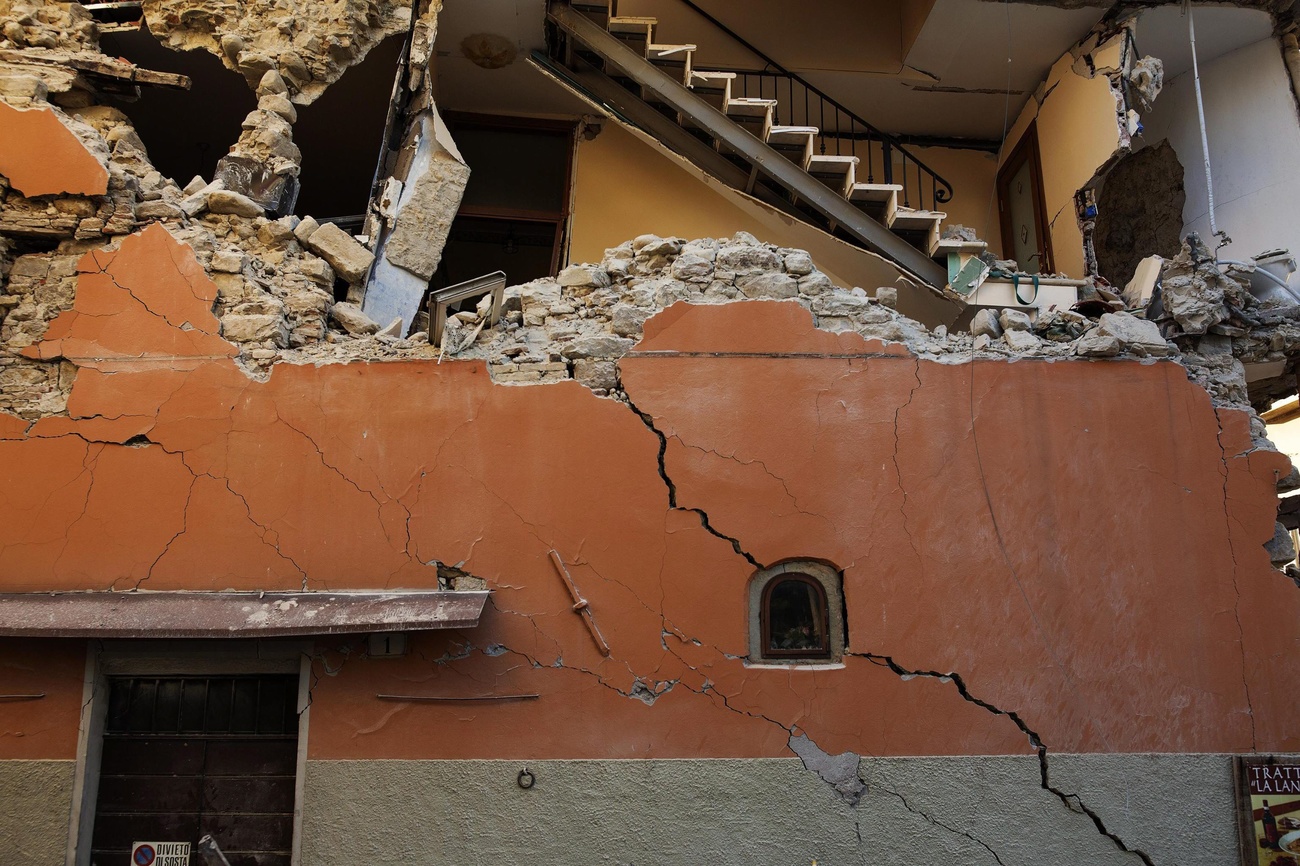
Earthquakes may not be as random as thought, new research suggests

“Any kind of fault can trigger many different types of seismic events,” says François Passelègue, a scientist at the Swiss Federal Institute of Technology Lausanne (EPFL) who has spent the last ten years trying to understand how or why earthquakes occur.
Passelègue recently made a breakthrough in uncovering the rupture mechanisms that eventually lead to seismic shifts.
To study the dynamics of faults – the areas between tectonic plates where most earthquakes occur – the scientist developed an experimental fault mimicking the same temperature and pressure conditions as an actual fault 8km deep. He installed sensors along the fault to identify the factors that cause slow and fast ruptures.
Earthquakes can be either slow or fast. In slow earthquakes, seismic waves can be absorbed by the surrounding earth. They occur frequently but cannot be felt by humans. Extremely fast earthquakes, which are less common, have high-frequency waves that release energy in mere seconds, with potentially deadly consequences.
Until now scientists believed the type of rock might be a factor in the speed of ruptures. But Passelègue’s experiments showed that the amount of energy released during a slip and the period over which it is released depend on the initial strain exerted along the fault line by the shifting tectonic plates. Higher strains triggered faster ruptures and lower strains triggered slower ruptures.
“Most people think that faults that have been stable for a long time will never cause a serious earthquake,” says Passelègue. “But we found that any kind of fault can trigger many different types of seismic events. That means a seemingly benign fault could suddenly rupture, resulting in a fast and dangerous wave propagation.”
Although the model he developed cannot be used to determine when or where an earthquake will occur, his findings suggest earthquakes are not as random as previously thought.
His findings are published in the journal Nature Communications.

In compliance with the JTI standards
More: SWI swissinfo.ch certified by the Journalism Trust Initiative




























You can find an overview of ongoing debates with our journalists here . Please join us!
If you want to start a conversation about a topic raised in this article or want to report factual errors, email us at english@swissinfo.ch.